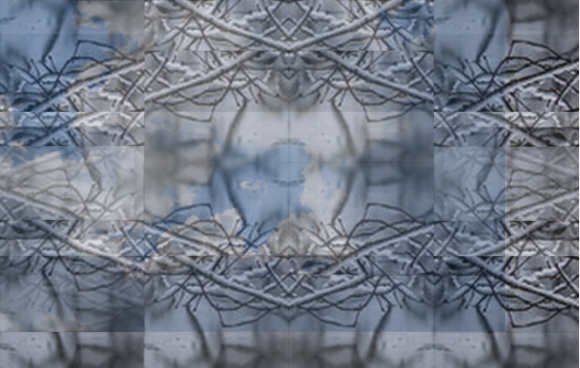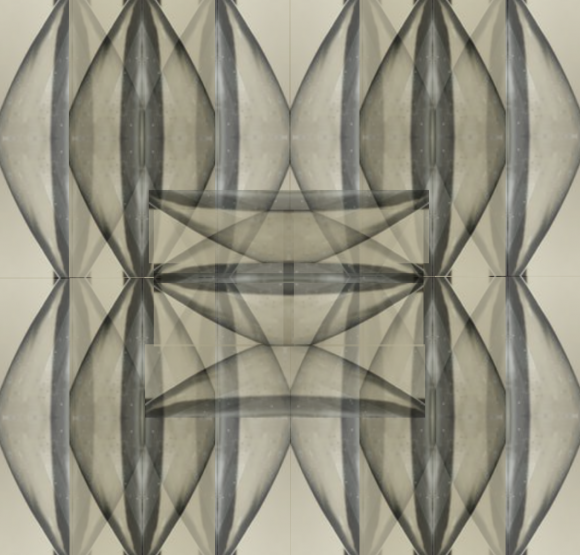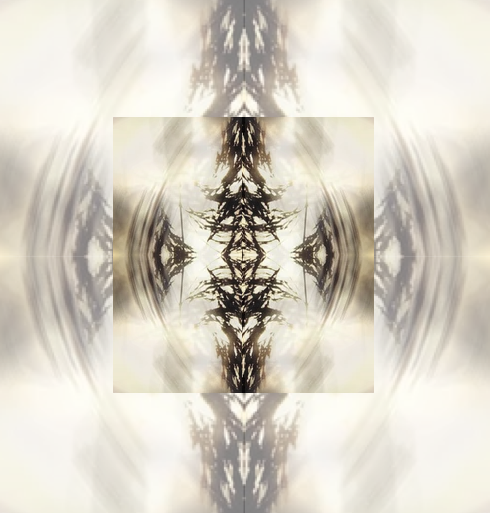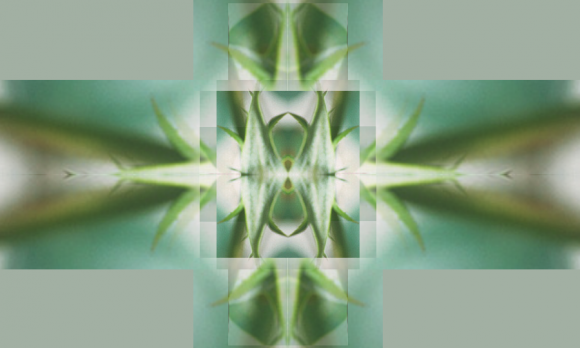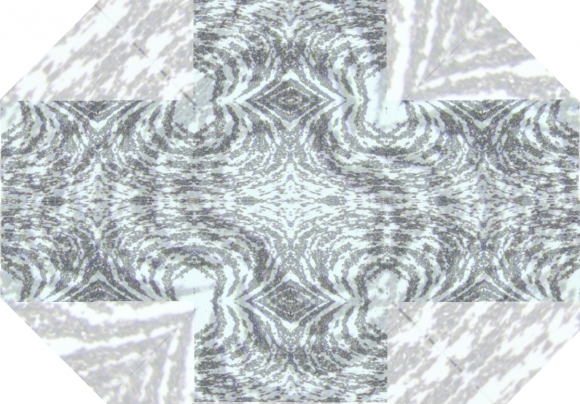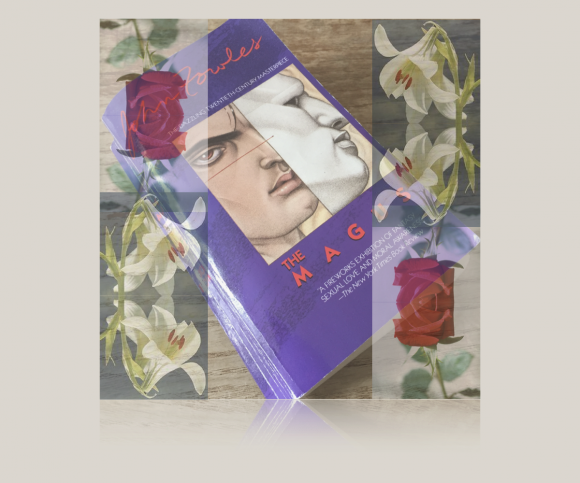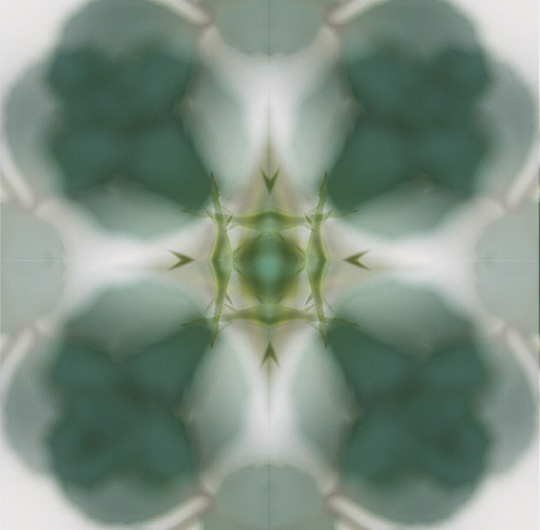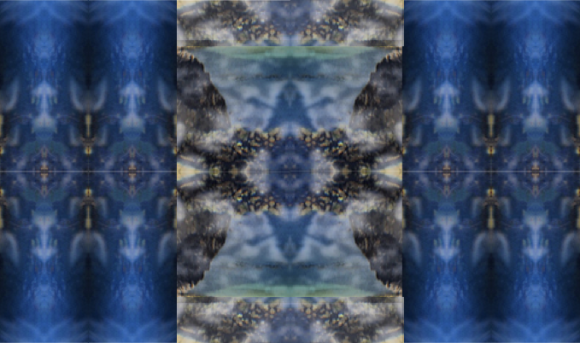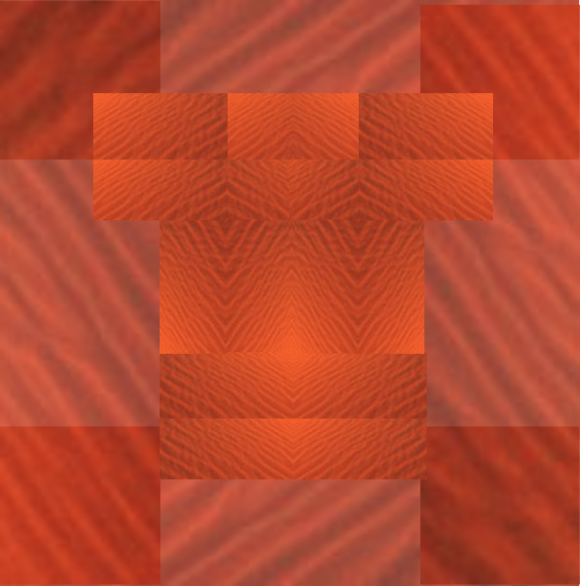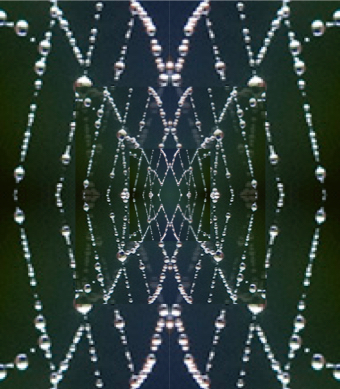
1. Suppose a subject becomes enamoured with another person. In that situation, we can assume in the subject’s mind a cluster of ideas, perceptions, presumptions, etc., all of which have the other person (the “love object”) as their content in some way. For example, there may be memories (“When we first met, she looked like this …”), general ascriptions of personality (“He’s a very attentive...
